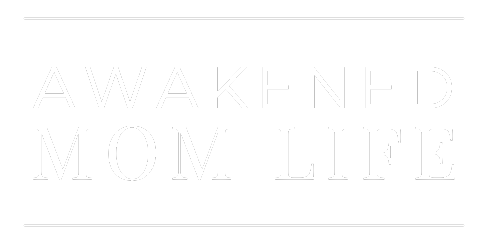Growing up in an environment where your mother is overly controlling can significantly impact your life. It took me over 30 years to realize it for myself.
Recognizing the signs of having a domineering mother can shed light on some of the challenges you might have faced during your upbringing. It can also give you insight into why you currently struggle in areas of life.
Here are 7 signs that you may have grown up with a controlling mother:
Constant Judgement and Micromanagement
Were you under her watchful eye, with little room for independent decision-making? This doesn’t necessarily mean constant attention; it could be continuous judgment. Controlling mothers might believe they know what’s best for you at all times, leading to an atmosphere of limited personal space.
This leads to you feeling unsure of yourself, even as an adult. You are constantly wary of your own decisions because you so heavily relied on her to make your decisions. As an adult, do you always call your mother to help make decisions? Does she make you feel guilty if she isn’t the first to know of significant changes in your life?
High Expectations and Unrealistic Demands

Did you feel like you were expected to achieve perfection in every aspect of your life? A domineering mother might set impossibly high standards for you, leaving you feeling like you can never quite measure up.
Sometimes this manifests as a mother who only offers praise and affection when you momentarily meet their unrealistic expectations (a straight A year of school, making the varsity team, etc.)
Anything less than perfection is met with belittling, or you’re downright ignored.
Limited Autonomy and Decision-Making
Having a mother who made most of your choices for you, from what you wore to the friends you had, could indicate a controlling upbringing. This lack of autonomy might lead to difficulties in making decisions as an adult.
Learning autonomy is crucial to your well-being. Controlling mothers often resist your independence as they feel it will diminish their role as a mother. They HAVE to be needed. So they don’t encourage you to take on your own hobbies; they make sure you follow in their footsteps.
This leads to you feeling utterly lost into adulthood, unsure of who you really are deep down inside. It is this loss of autonomy that often leads to deep depression for survivors of childhood trauma.
Emotional Guilt and Manipulation
If your mother used guilt as a tool to get you to do what she wanted, this emotional manipulation might have been a defining aspect of your relationship. Controlling mothers can sometimes use guilt to maintain control over your actions and decisions (even into your adult years).
This can include guilting you into not sharing your feelings about how she has hurt you. Domineering mothers will use manipulation to turn their bad behavior back around and make it your fault. Saying things like, “I did the best I could.” Without an apology or attempt to change, this statement is used as manipulation.
Regardless of how hard a parent tried, that doesn’t discount your pain—it doesn’t excuse abuse and neglect.
Difficulty Expressing Individuality
Growing up, did you feel like your interests and opinions were overshadowed by your mother’s desires? A controlling mother might struggle with acknowledging and nurturing your individuality, leading to challenges in expressing yourself as an adult.
Did you struggle to express yourself because of fear of repercussions form your mother? I was a girly girl. My mom isn’t. She made fun of me for it. I never felt comfortable expressing my individuality until I cut off contact.
Fear of Making Mistakes
If making a mistake was met with harsh criticism or punishment, you might have developed a fear of failure. Controlling mothers often have a hard time tolerating imperfections and may inadvertently foster a fear of trying new things. Ultimately leaving you feeling immense shame and self-judgment.
They also have a very low tolerance threshold because they lack emotional intelligence.

Your mom was likely highly reactive–like “going ballistic” at small things like a backpack left on the couch that was supposed to be put away.
Struggles in Establishing Boundaries
Setting healthy boundaries can be challenging if you’re used to having your mother intrude upon your personal space and decisions. A controlling upbringing might leave you unsure about how to assert your own needs and limits. You were likely not allowed to have boundaries.
Perhaps asking for personal space or privacy was met with anger, or she asked intrusive questions. A lack of boundaries can lead to enmeshment and emotional incest, which are devastating to your psyche.
Recognizing these signs can be the first step toward breaking free from the past and understanding how your upbringing might have influenced your behaviors, beliefs, and challenges as an adult. It’s important to remember that understanding the impact of a controlling mother can help you navigate your journey of healing and personal growth. It’s also key in understanding how you can break the cycle of generational trauma that was passed along to you.














